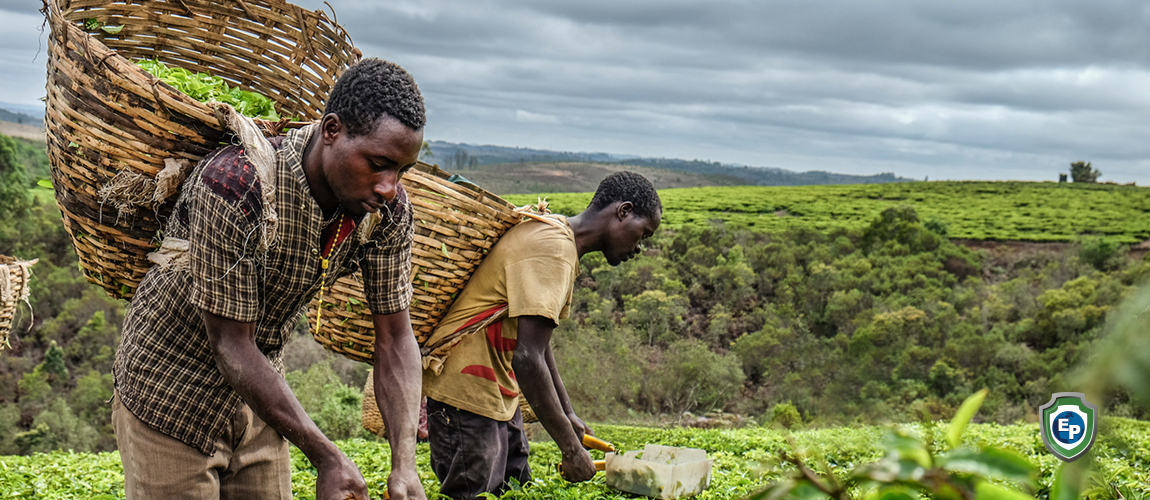Zimbabwe Changes Its Funding Model for Agriculture
Zimbabwe is on the verge of changing its agricultural funding model once again. Shifting the funding of Zimbabwe’s agriculture to private banks is a massive move with real ramifications. Read More!

Agricultural funding models have been in place even before independence, but they became even more relevant in early 2000. This was at the time that Zimbabwe carried out its controversial land reform program. The program took land from the hands of a few white farmers and gave it to the black masses, numbering in the 100s of thousands. Although it was an essential political win, it brought with it a significant challenge: the new farmers had land but no resources to invest. So the government of Zimbabwe had to create input schemes to provide new farmers with machinery, fertilizer, seeds, and other things needed to farm.
The latest iteration of this agricultural funding model has been what is called Command Agriculture. It was a model launched in the 2016-2017 farming season. Although the government spearheaded this initiative, it was funded by a private company called Sakunda. Under the scheme, farmers who were near water bodies were required to put 100 hectares under maize production and produce at least 1000 tonnes of maize while repayment of the loans would be serviced by 5 tonnes per hectare. Command Agriculture was meant to build capacity for farmers, reduce farmer vulnerability to price volatility, and provide food security to rural communities. It also brought with it challenges namely a single buyer ( government), the locations of depots that were inaccessible to remote farmers, hoarding of inputs by connected individuals and other corrupt activities.
Command Agriculture gets its name from the fact that the government determines the crop to be planted and at what price it will be sold. Agriculture Minister Perence Shiri recently announced that more private companies would participate in financing Command Agriculture. These are Stanbic, Agribank, CBZ, and the Women’s Bank. The government would guarantee the loans.

“These banks shall support...farmers into soya bean and maize production...Collateral is not required as the Ministry of Lands, Agriculture, Water, Climate, and Rural Resettlement would have done the verification. The tenure of the loan is 270 days at an interest rate of 10,5 percent per annum and an upfront fee of 2,25 percent,” Shiri said.
Shifting the funding of Zimbabwe’s agriculture to private banks is a massive move with real ramifications. Some banks have a reputation for making bad loans and have recently had to be bailed out by the government. The nation’s farmland is built on socialist ideals, so how comfortable will farmers be dealing with private banks? The banks themselves also have had opaque ownership structures, so observers are wary of underhanded deals, considering that the government is a guarantor.
While this is a definite shift from how things have been run in Zimbabwe, it still remains to be seen whether or not this venture will prove successful.
Stay Tuned with Export Portal
Export Portal isn’t just your one-stop-shop for international trading. We pride ourselves on staying informed about the latest news in the import/export world. Subscribe to our newsletter today to keep up!






Comments 0